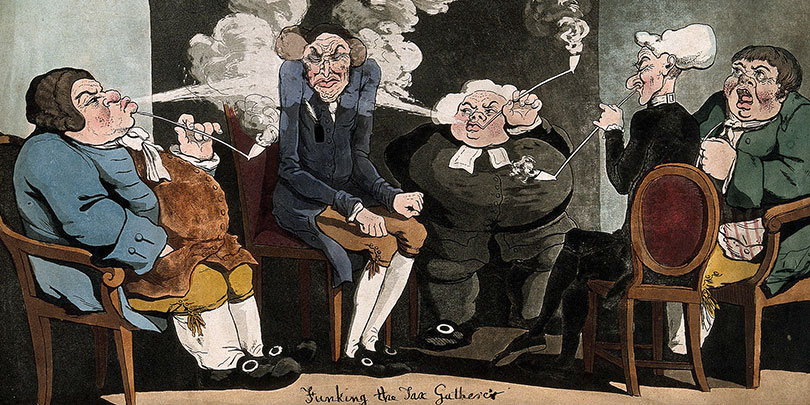
In Julien v. United Prop. & Casualty Insurance Company, 45 Fla. L. Weekly D2199 (Fla. 4th DCA Sept. 23, 2020), Florida’s Fourth District Court of Appeals affirmed the dismissal of a first-party bad faith lawsuit due to the lack of specificity in the pre-suit civil remedy notice of insurer violations filed by the insured.
Overview of Civil Remedy Notice Requirement
In Florida, first-party bad faith claims are a creature of statute. No cause of action exists under the common law. Rather, the sole basis for a first-party bad faith claim is under section 624.155, Florida Statutes, which the Florida Legislature enacted in 1982.
In an effort to avoid unnecessary litigation, the Florida Legislature included in section 624.155 a pre-suit notice and cure requirement. Specifically, prior to filing a lawsuit alleging first-party bad faith, the statute requires the claimant to file a “civil remedy notice of insurer violations” (commonly referred to as a “CRN”) with the insurer and the Florida Department of Financial Services. The statute then gives the insurer 60 days to “cure” any alleged wrongdoing and avoid a bad faith lawsuit. Specifically, the statute states, “No action shall lie if, within 60 days . . . , the damages are paid or the circumstances giving rise to the violation are corrected.”
To ensure that the insurer truly is given notice of what it has allegedly done wrong and a chance to cure, the statute requires the CRN to “state with specificity,” among other things:
- The statutory provision, including the specific language of the statute, which the insurer allegedly violated;
- The facts and circumstances giving rise to the alleged violation;
- The name of any individual involved in the alleged violation; and
- Reference to specific policy language that is relevant to the alleged violation, if any (subject to an exception for third-party claimants in certain circumstances).
If the CRN fails to comply with these requirements, it does not perfect the claimant’s right to bring a first-party bad faith lawsuit. Insurers can thus assert defects with the CRN as grounds for dismissal of first-party bad faith lawsuits.
Insured Files Civil Remedy Notice Regarding Homeowners Insurance Claim
In Julien, the insured filed a homeowner’s insurance claim for alleged fire damage to his home. While the insurer was investigating, it placed the insured in a hotel and issued a $5,000 advance payment to him. During its investigation, the insurer learned that the insured had made a prior fire damage claim with a different insurer and failed to repair the damage from that claim. The insurer believed that the unrepaired damage from the prior claim overlapped with the damage from the insured’s current claim. As a result, the insurer requested an examination under oath of the insured.
The insured responded by filing a CRN against the insurer alleging “claim delay, an unsatisfactory settlement offer, unfair trade practice, failure to properly investigate the claim, and failure to acknowledge and act promptly to communications regarding the claim.” The CRN asserted that the insurer violated 14 statutory provisions and 21 sections of the Florida Administrative Code. As the relevant policy language, the CRN referenced every section in the policy. The insurer responded to the CRN by disputing the allegations of wrongdoing.
Insured’s Bad Faith Lawsuit Dismissed
Soon after the insurer responded to the CRN, the insured filed a lawsuit against the insurer alleging first-party bad faith. The trial court found the CRN to be defective and dismissed the lawsuit with prejudice. Florida’s Fourth DCA affirmed, explaining:
[The plaintiff] listed nearly all policy sections and cited 35 statutory provisions. As a result, we conclude the circuit court correctly determined that [the plaintiff] failed to satisfy the requirement that the insured identify the specific statute and specific policy provision relevant to [the insurer’s] alleged violation.
On appeal, the insured also argued that the court should not determine whether the CRN complied with the statutory notice requirements because the 2016 version of section 624.155 (i.e., the version in effect when the CRN was filed) authorized the Florida Department of Financial Services to return deficient CRNs. The Fourth DCA rejected this argument, explaining that the statute just gave the Department discretion to return the notice, but “[t]hat discretionary grant of authority did not determine the legality of the notice.” The Fourth DCA noted that, even if the Department had made a determination about the legality of the CRN, the Florida Constitution still required the trial and appellate courts to independently review it. Notably, in 2019, the Florida Legislature amended section 624.155 to remove the language giving the Department discretion to return deficient CRNs.
ATTRIBUTION:
See page for author, CC BY 4.0 <https://creativecommons.org/licenses/by/4.0>, via Wikimedia Commons
